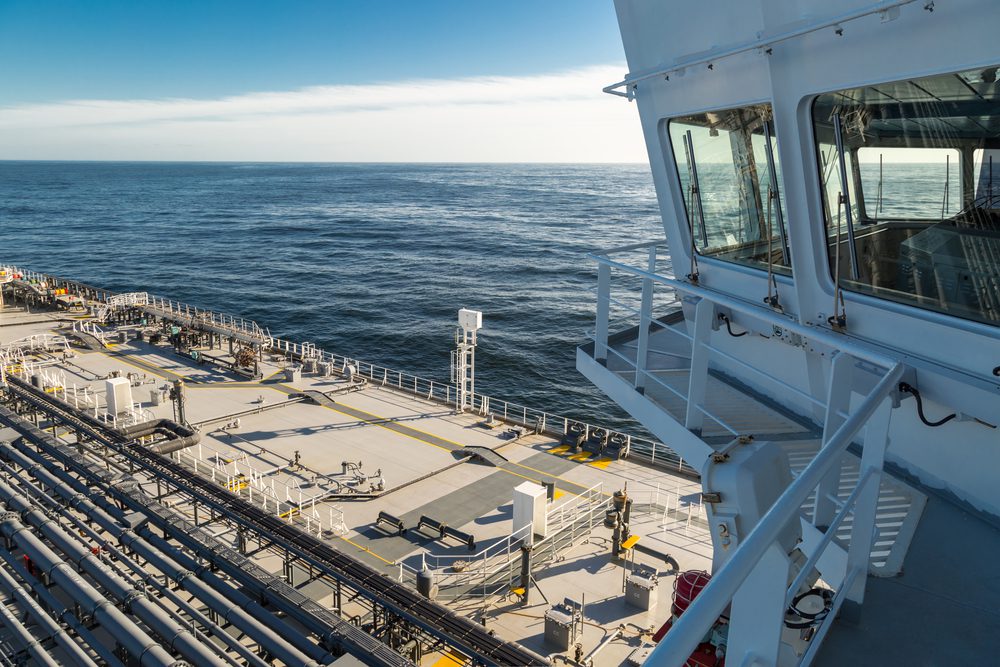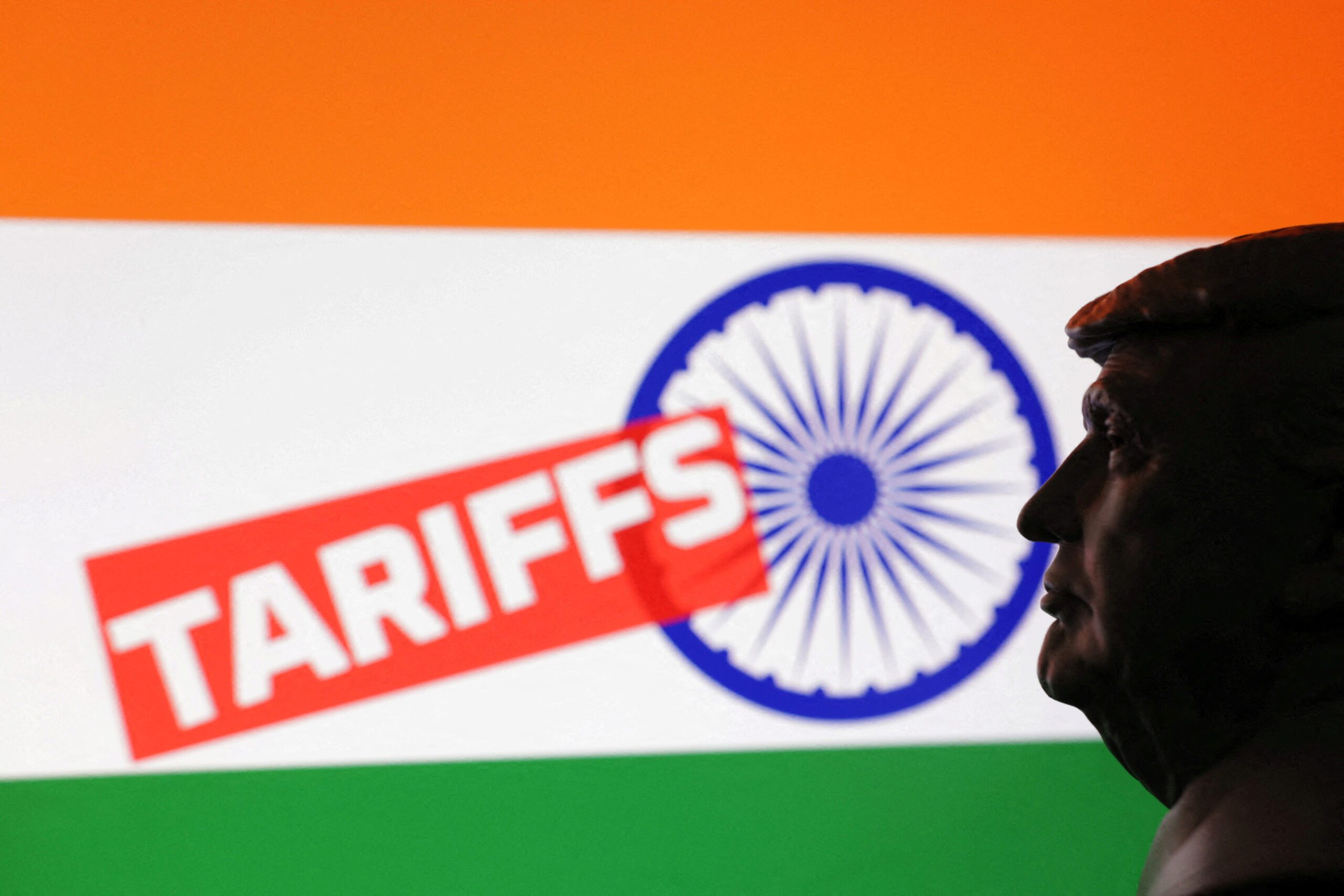While Venezuelan officials maintain that a recent major fire at the country’s largest refinery last month hasn’t hurt its oil business, the disaster is starting to make waves halfway around the world, in Singapore.
Opinions are mixed on both the size and timing of the full impact, as much of the Amuay refinery is still shut and it’s unclear how long it will be before operations resume fully. Venezuela can keep refined oil product deliveries flowing by drawing down stocks, but a crunch point could come within weeks.
The price in Singapore for fuel oil used to power ships has been rising since the refinery caught fire, driven up by worries about disruptions in supplies from Venezuela, which provides more of the product to the world’s top refuelling hub than anyone else.
Any supply delays could also hurt China’s huge refining sector, a major user of Venezuelan fuel oil.
An explosion and fire on Aug. 25 at the 645,000-barrel-a-day refinery killed 40 people, set several oil storage tanks on fire and damaged hundreds of homes around the refinery.
Oil Minister Rafael Ramirez Tuesday denied reports that state-run energy monopoly Petroleos de Venezuela, or PdVSA, is having to import gasoline to meet a domestic shortfall because of the incident.
Of the 4 million tons of fuel oil that flows into Asia from outside every month, a quarter comes from Venezuela, with Chinese oil major PetroChina Co (PTR) alone picking up at least four 270,000-ton supertankers or VLCCs a month. The Venezuelan oil is blended with other products and then sold as ship fuel or to independent Chinese refiners, sometimes known as teapots.
Traders say the potential decline in supplies from Venezuela is boosting fuel oil premiums at a time when the market is already supported by lower inventories and strengthening crude oil spreads.
“If there is less Venezuelan fuel oil, it’s definitely bullish” even if supplies decline by just one VLCC a month, said a regional trader. It will affect the marine fuel market as the low-density Venezuelan barrels are crucial for blending some of the heavy fuel oil down to marine fuel specification, he said. “It’s not easy to replace. You can have other oil come in but it may not be on-specification stuff.”
Storage tanks are still full so Venezuela’s September loading program would mostly get loaded, said a senior Singapore-based European trader. “Probably 2H September-early October loading cargoes may get delayed or cancelled depending on the severity. So you are talking impact on November arrival,” he said.
PetroChina did not respond to questions regarding the impact on its shipments from Venezuela, but traders say the company is making efforts to head off supply problems.
PetroChina has bought from fellow Chinese trader Unipec a European fuel oil cargo carried by the VLCC Samco China, which is due to land in Singapore early October, traders say.
In addition, “PetroChina has won a handful of tenders from India and the Middle East since the refinery explosion,” said a Singapore-based trader with an oil major. It has also bagged cargoes from Kuwait, Jubail and Reliance Industries‘ Jamnagar refinery recently.
-By Gurdeep Singh (c) 2012 Dow Jones & Company, Inc.

 Join The Club
Join The Club











